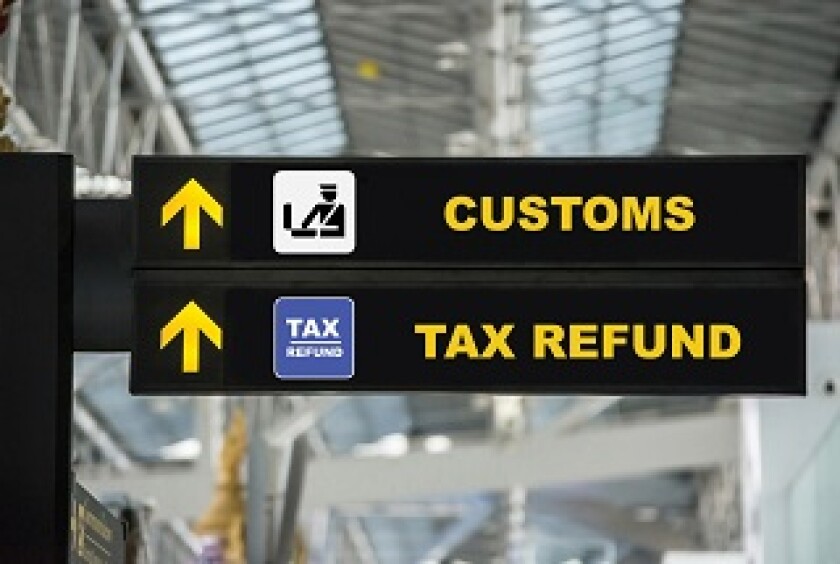International Tax Review received a record number of nominations this year for the sixth edition of the Indirect Tax Leaders guide. Advisers from several new jurisdictions have been added to this year’s bumper edition of indirect tax experts.
Indirect tax continues to be a key consideration for countries around the world, as more and more countries roll out national VAT and GST regimes. Many nations see it as a ‘cure’ for boosting budgets to allow for extra spending or tax cuts elsewhere. India – with its 1.3 billion inhabitants making it the world’s second-largest country – will join the list of countries with a national indirect tax on July 1.
Six months later, in January 2018, the countries which make up the Gulf Cooperation Council – Bahrain, Kuwait, Oman, Qatar, Saudi Arabia and the United Arab Emirates – are due to implement VAT. International Tax Review has regularly reported on how businesses are unprepared for the change.
Beyond the headline introductions of GST in India and VAT in the GCC, another key theme has been the shift towards destination-based indirect tax systems. Russia introduced its system on January 1 2017, which was similar to systems already in place in Japan, South Africa and South Korea.
Meanwhile the EU and its member states, pioneers in destination-based taxation for e-services, are planning to further develop legislation to tax business-to-business supplies of goods under the destination principle.
A key case in the Court of Justice of the European Union on the VAT status of e-books also reached its climax, allowing new questions to arise on the VATability of new technology. Should 3D printed goods be taxed where they are printed? Or are designs sent from abroad intellectual property, making 3D printed items a service? More and more, VAT systems will need to be adaptable.
To an even greater extent, companies need to be proactive as well as reactive, making top-quality advice on indirect tax issues more important than ever.
Therefore, International Tax Review is pleased to present the sixth edition of the Indirect Tax Leaders guide.











